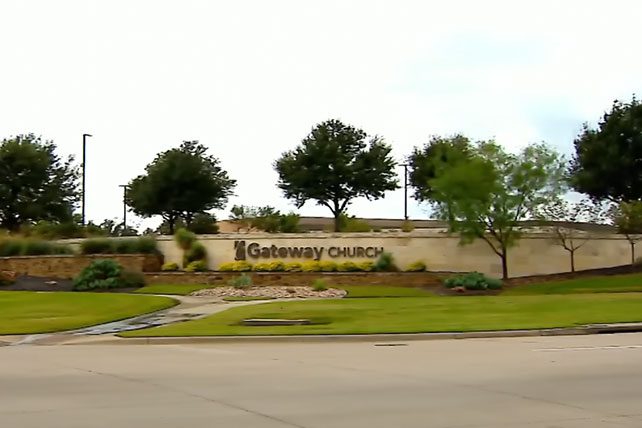These concerns have fueled discussions about the need for checks and balances within church leadership to ensure that decisions are made transparently and inclusively.
3. Handling of Controversial Social Issues
Gateway Church, like many evangelical organizations, has faced criticism for its positions on certain social issues. The church has historically taken conservative stances on topics such as marriage, sexuality, and gender roles.
These positions have sparked backlash from some members of the broader community who view them as exclusionary or out of step with modern cultural trends. Gateway’s leaders, however, maintain that their teachings are rooted in biblical principles and emphasize love and respect for all individuals.
The church’s stance on these issues has prompted ongoing debates about how religious organizations can balance adherence to traditional beliefs with the need for inclusivity and compassion.
4. Allegations of Spiritual Abuse and High-Pressure Environments
Some former members have come forward with allegations of spiritual abuse and high-pressure environments at Gateway Church. These individuals describe experiences where they felt coerced into conformity and pressured to prioritize church activities over personal responsibilities.
Such allegations are not unique to Gateway Church but are part of a broader conversation about the potential for unhealthy dynamics within megachurch cultures. Critics argue that the emphasis on loyalty and commitment can sometimes lead to manipulation and burnout.
In response, Gateway’s leadership has emphasized its commitment to pastoral care and healthy community practices. They encourage open communication and offer counseling services to support members.
5. Media Attention and Public Perception
The controversies at Gateway Church have not gone unnoticed by the media. Various news outlets have reported on the church’s financial practices, leadership dynamics, and social positions. This media attention has contributed to a polarized public perception of the church.
Supporters view the scrutiny as a sign of the church’s prominence and influence, arguing that any large organization will inevitably face criticism. Detractors, however, see the controversies as evidence of deeper systemic issues that need to be addressed.
Despite the negative press, Gateway Church continues to attract thousands of attendees and remains a significant force in the evangelical community.
The controversies surrounding Gateway Church in Texas highlight the challenges faced by large religious organizations in maintaining transparency, accountability, and healthy community dynamics. While the church has undoubtedly impacted countless lives through its ministries and outreach efforts, it also serves as a case study in navigating the complexities of growth and public scrutiny.
As Gateway Church moves forward, its ability to address these controversies and foster a culture of openness and accountability will be crucial to its continued influence and success.

